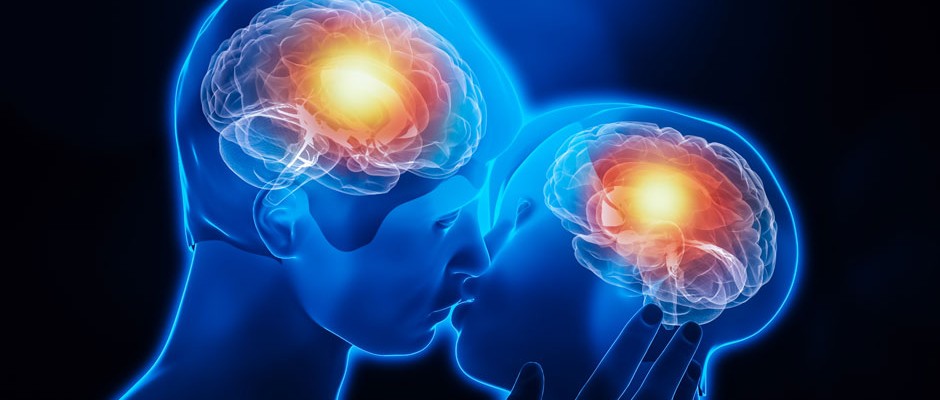
Love is a complex and powerful emotion that has fascinated people for centuries. From poetry and literature to scientific research, love has been explored in a variety of ways. One of the most intriguing aspects of love is the effect it has on the brain. In this article, we will take a closer look at what happens to your brain when you are in love.
First, let’s define what we mean by “love.” Love can take many forms, but in this article, we will focus on romantic love, which is characterized by intense feelings of attraction, desire, and attachment to a specific person.
When you are in love, your brain goes through a range of changes. One of the most significant changes is the release of certain chemicals, such as dopamine, oxytocin, and adrenaline.
Dopamine is a neurotransmitter that is associated with pleasure and reward. When you are in love, your brain releases dopamine in response to the pleasurable feelings associated with being with the person you love. This is why being in love can feel so exhilarating and exciting.
Oxytocin is often called the “cuddle hormone” because it is released during physical contact, such as hugging or kissing. When you are in love, your brain releases oxytocin in response to the intimate physical contact you have with your partner. This helps to strengthen the bond between you and your partner and increases feelings of trust and attachment.
Adrenaline is a hormone that is associated with the fight-or-flight response. When you are in love, your brain releases adrenaline in response to the excitement and anticipation of being with your partner. This can lead to physical symptoms such as increased heart rate, sweating, and trembling.
Another change that occurs in the brain when you are in love is the activation of certain regions. The ventral tegmental area (VTA) and the caudate nucleus are two regions that are particularly active when you are in love. The VTA is responsible for the release of dopamine, while the caudate nucleus is associated with reward and motivation.
When you are in love, these regions of the brain are activated in response to the pleasurable feelings associated with being with your partner. This can create a feedback loop in which the more time you spend with your partner, the stronger your feelings of love and attachment become.
In addition to these chemical and neurological changes, being in love can also affect your behavior and decision-making. Research has shown that people in love tend to prioritize their partner’s needs over their own and are more likely to take risks in order to be with their partner. This can lead to impulsive decisions, such as moving in together or getting married.
Being in love is a powerful experience that has a significant impact on the brain. The release of chemicals such as dopamine, oxytocin, and adrenaline, as well as the activation of certain regions of the brain, can create intense feelings of pleasure, reward, and attachment. These changes can lead to impulsive behavior and decision-making, but they can also help to strengthen the bond between two people. Ultimately, the experience of being in love is one of the most unique and transformative experiences a person can have.
Happy Valentines Day.

